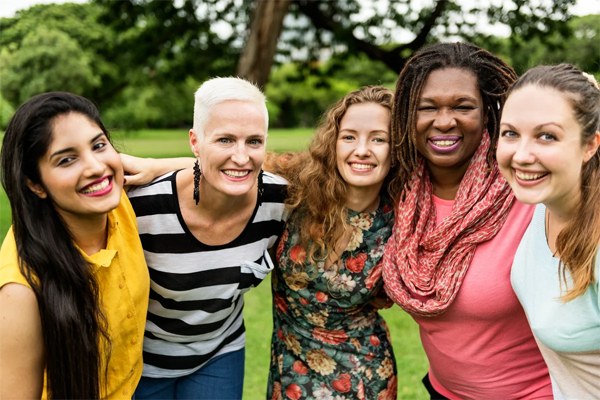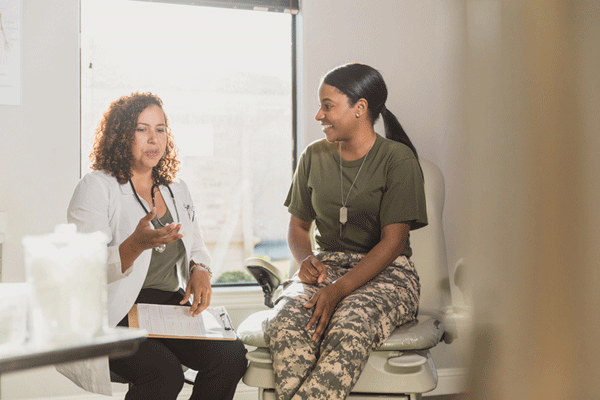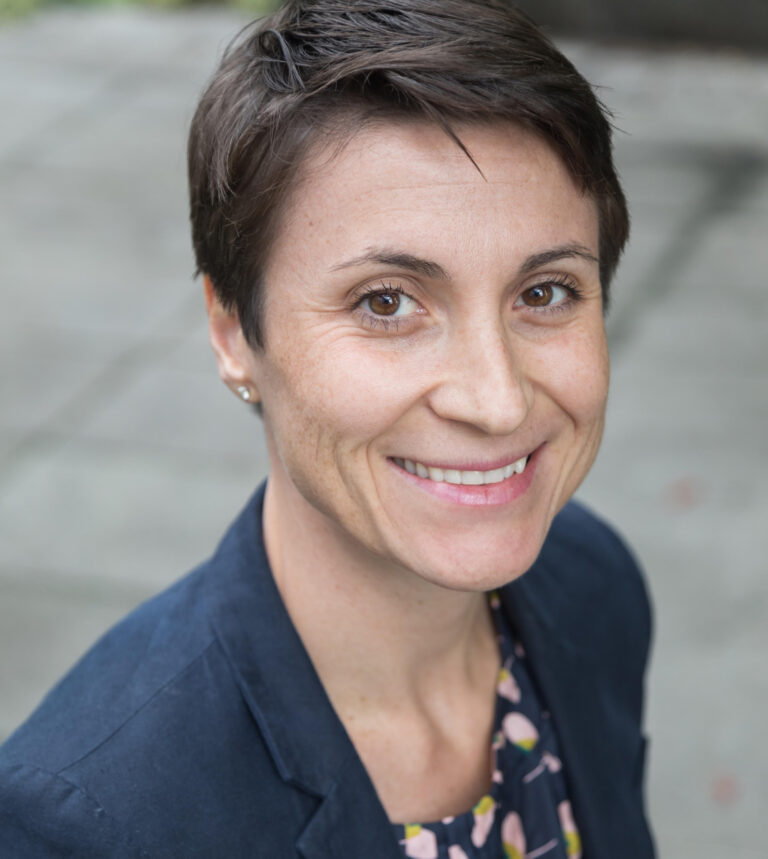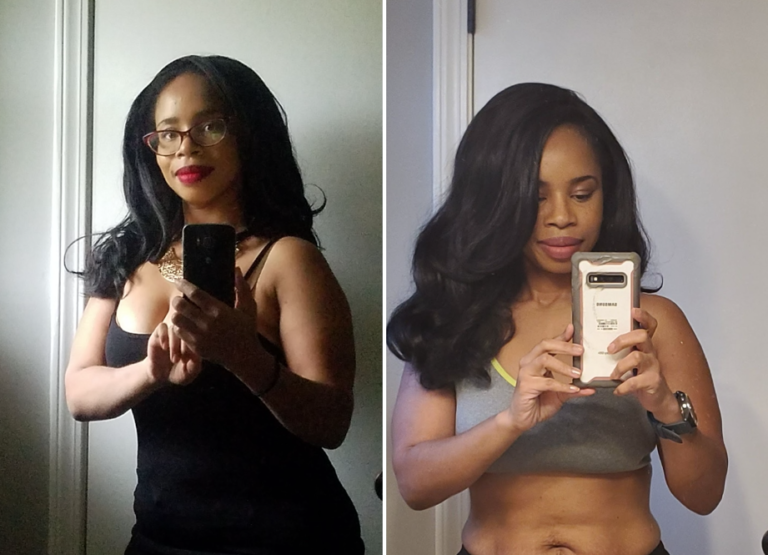Though the average woman has her period for 40 years, the way it affects her body and the way she feels about it often change as she ages. As with everything else related to health, a menstrual cycle is not static; it evolves over a woman’s lifetime.
How does our period change as we age?
Dr. Heather Bartos, an OB-GYN who founded Badass Woman and Badass Health and a member of HealthyWomen’s Women’s Health Advisory Council, likened the trajectory of a woman’s period to a bell curve.
“For many women, our cycle starts off irregular, heavy and very crampy; normalizes more as we peek into our 30s; and then starts to return to its pubescent (now perimenopause) misery as we get to 51, the average age of menopause in this country,” Bartos explained, adding that every woman is unique.
When a teenager first gets her period, it can feel impossible to manage because young women tend to have irregular cycles.
As women reach their 20s and 30s, their hormones balance out, which generally creates a more predictable menstrual cycle. At this point, lifestyle factors or health conditions can impact a period’s regularity and flow.
For example, birth control pills influence hormones, which can cause menstrual changes, such as lighter periods. Uterine changes that occur during pregnancy can lead to heavier or lighter periods for some mothers, and conditions such as polycystic ovarian syndrome (PCOS) or endometriosis can also cause irregular periods.
As women reach their 40s and 50s, they enter perimenopause, the transition toward menopause. During this stage, which lasts around four years for most women, a woman’s estrogen initially fluctuates and then eventually declines. Her PMS symptoms can intensify, her period could become heavier or lighter, and she may face irregular, extended or even skipped periods.
How does our perception of our period change as we age?
Periods can seem overwhelming at first — not only physically but also psychologically, particularly for young women who may live in an environment where they are made to feel ashamed of their period. For some women, aging can mean viewing periods as less of a nuisance and more of an indicator of health and well-being.
“In my teens, I saw it as the end of the world since I was really active. Today, I see it as a way of gauging my health. My period gives me insight into what’s going on in my body. I’m thankful,” said Diana, 36, a lawyer.
“I always felt annoyed with my period until trying to conceive my son,” said Jenni, 28, a blogger. “It was actually a beautiful moment in my life because not only did I learn more about my cycle, but I felt like I could rely on my body. Since conceiving my son, I now trust my period and actually appreciate it.”
As women approach perimenopause and menopause, their viewpoints toward periods can change again.
“A period is our body’s way of releasing tissue it no longer needs to prepare us for pregnancy. Menopause is nature’s way of releasing excess baggage we’ve harbored for years, preparing us for the next part of our lives,” said Carren Strock, 70, an author and artist.
According to Bartos, by the time women reach their mid-40s, some women are tired of periods and look forward to the freedom from them that comes with menopause. But Strock believes that other women may look at the end of their period and menstrual cycle wistfully.
Curse or blessing?
Women have menstruated since the dawn of time, but for a long time, periods were viewed as taboo. This idea persisted for centuries but attitudes are changing. Many women are rejecting the shame associated with periods by finding ways to celebrate their periods.
“I’m seeing more and more mother figures and daughters celebrating it in a meaningful way — a ladies’ night in, a slumber party or just a home done mani-pedi,” Bartos said.
Some women utilize self-care rituals around their period. Diana makes a point to eat healthily, drink more water, and work out to make her periods as easy as possible.
“I meet Aunt Flo halfway by drinking herbal teas right before and during her arrival. I also wear warm clothes in order to relax my uterine muscles for an even menstrual flow,” said Leda Toussaint, 33, owner of a personal care company that emphasizes transparency in feminine care and produces all natural and organic feminine products.
It wasn’t until relatively recently that society stopped talking about periods in hush-hush tones. In 1972, the National Association of Broadcasters lifted the ban on advertising sanitary products on TV or radio. Still, for years afterward, much of the period advertising skirted around the realities of menstruation. The word “period” wasn’t even uttered in a TV ad until Courtney Cox broke the barrier in 1985, but advertisers continued to use blue liquid on sanitary products until 2018.
Bartos believes that the increase in mothers and daughters talking about periods, coupled with the increase in female OB-GYNS, is changing the conversation around periods. Younger women and men are also actively working to end the stigma around menstruation.
“I love the period-positive companies that have sprouted up — the menstruation cups, the period panties and swimsuits, and the way we can now talk about periods in a fun, lighthearted way. Not a silent shame of years ago,” Bartos said.
Period activism has also increased recently. From organizations such as The Homeless Period Project which collects sanitary products for homeless people to educational campaigns aimed at supplying free sanitary products in schools, people are breaking the stigmas and barriers associated with periods in novel ways.
An enormous number of women spend the bulk of their lives having periods, and the physical characteristics of those periods, as well as how women feel about them, change over the course of their lives. As society ages, our collective views about menstruation are also evolving, giving women the opportunity to feel less stigma and embarrassment.
*Diana and Jenni asked us not to use their last names to protect their privacy.















